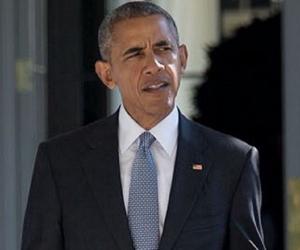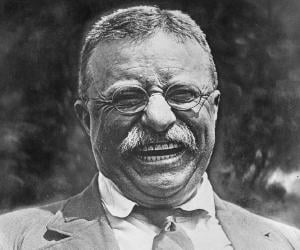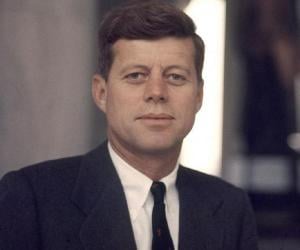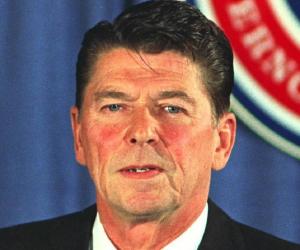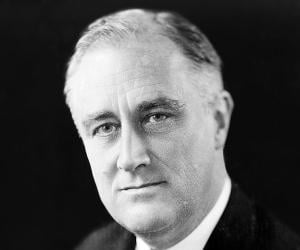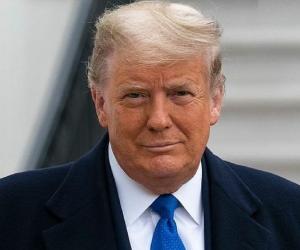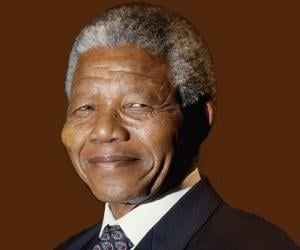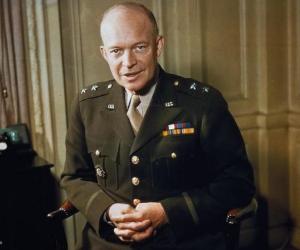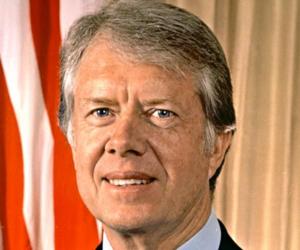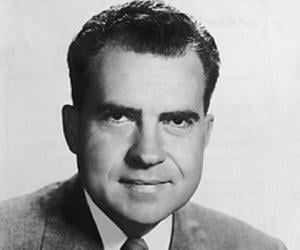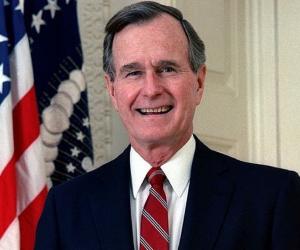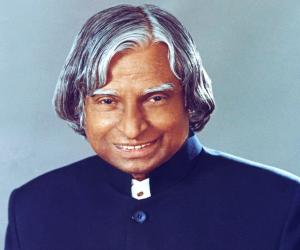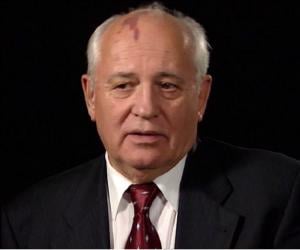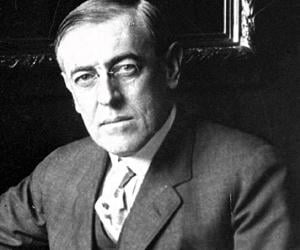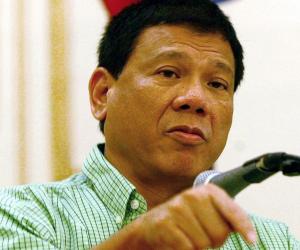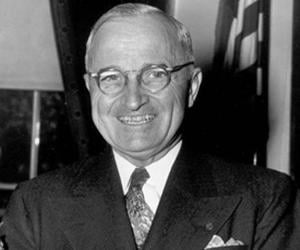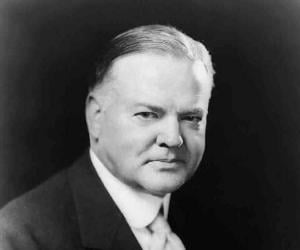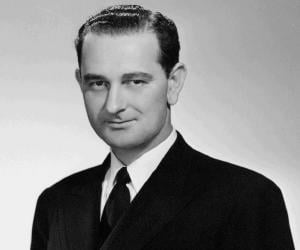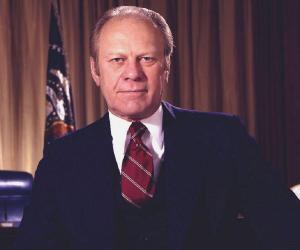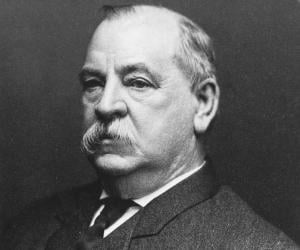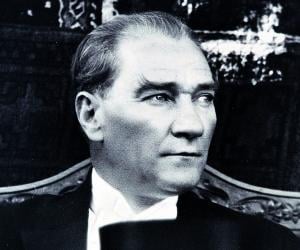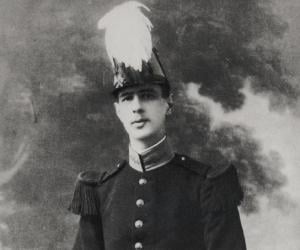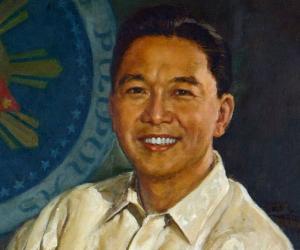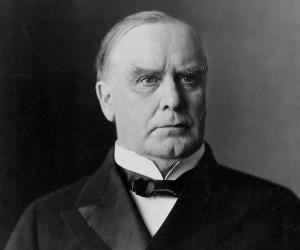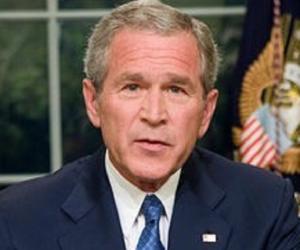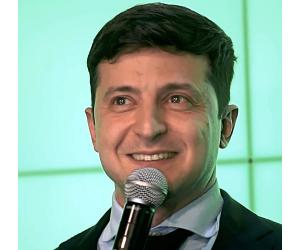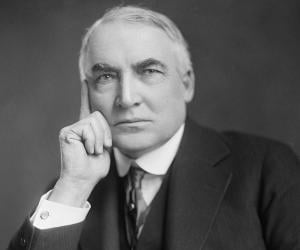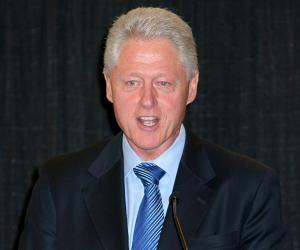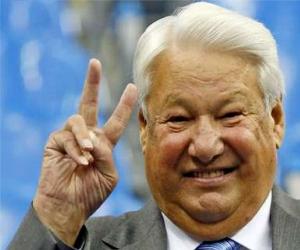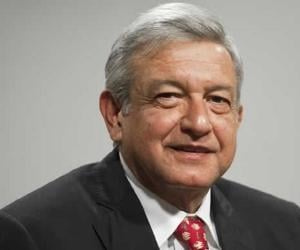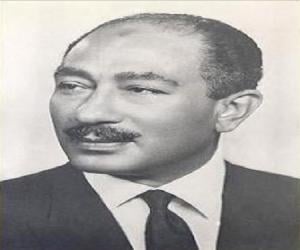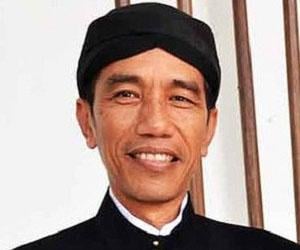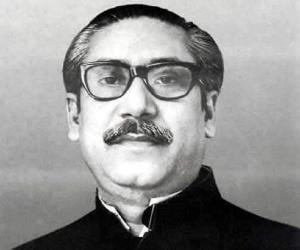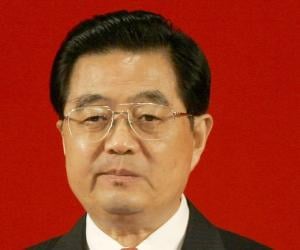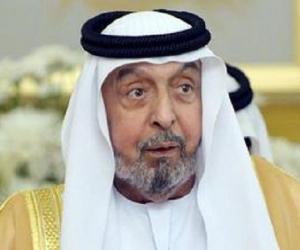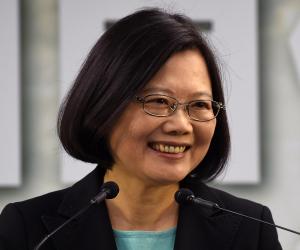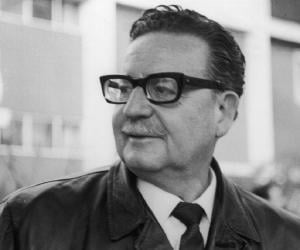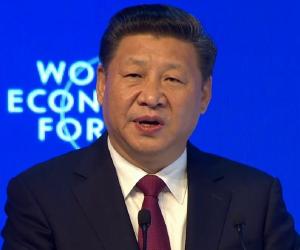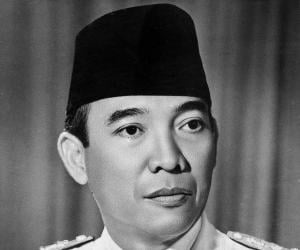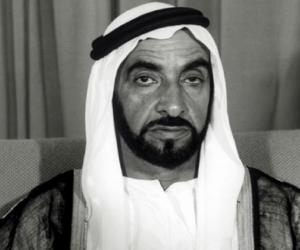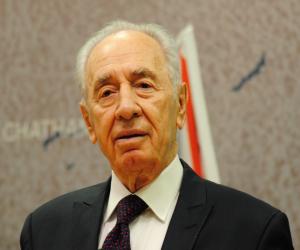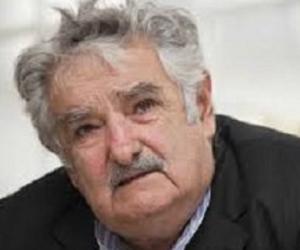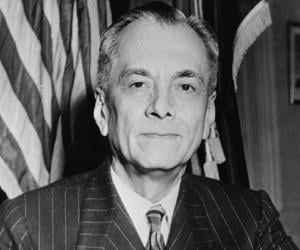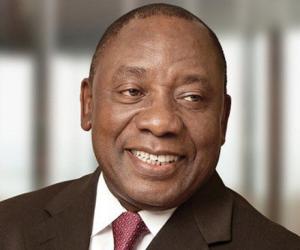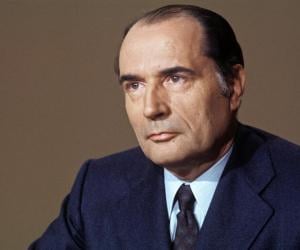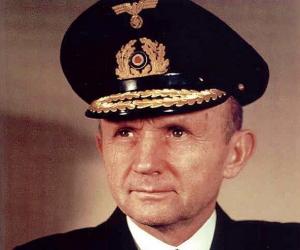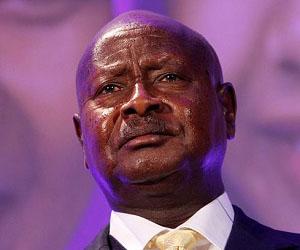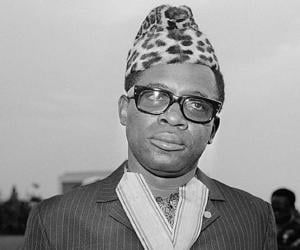Former President of the United States, Barack Obama, has the distinction of being the first African-American president of the nation. A civil rights attorney and an academic, he has been credited with bringing about a significant improvement in America’s reputation abroad. His efforts to strengthen international diplomacy was recognized with the 2009 Nobel Peace Prize.
The 26th president of the United States, Theodore Roosevelt is generally ranked as one of the five best presidents of the country. A man of many talents, he was a politician, conservationist, naturalist, and writer. He supported Progressive Era policies in the early 20th century and championed his "Square Deal" domestic policies.
The 35th President of the United States, John F Kennedy was a charismatic leader who, during his tenure, ably dealt with Cuban missile crisis, proposed public service programmes and lent support to the growing civil rights movement. Before becoming one of the youngest Presidents of the country, he served in the navy, U.S. House of Representatives and the US Senate.
An actor turned union leader turned politician, Ronald Wilson Reagan served as the 40th president of America. Hailed for his public speaking and communication skills, Reagan is one of the most popular Presidents of USA, mainly due to his ‘America First’ economic policies which led to a decrease in inflation and unemployment rates during his tenure.
F D Roosevelt was the 32nd president of the United States and was in the office from 1933 to1945. Qualified as a lawyer, he entered politics as an ambitious young man, inspired by his relative Theodore Roosevelt, a fellow politician. F D Roosevelt had an illustrious political career and is rated by scholars among the nation's greatest presidents.
The former President of the United States, Donald Trump was arguably the most controversial president in the American history. He has been characterised as racist and his actions and policies divided America like never before. He lost his bid for re-election to Joe Biden in a bitterly fought election .
The 34th president of the United States, Dwight D. Eisenhower held office from 1953 to 1961. An army officer During World War II, he was part of many successful operations. He signed the Civil Rights Act of 1957, and his two terms as president saw widespread economic prosperity in USA. He is ranked high among American presidents.
Jimmy Carter, the 39th President of USA, is one of the rare Presidents whose legacy continues even after leaving office. He is known as a champion of human rights and a mediator of peace efforts across the world. His humanitarian works earned him the prestigious Nobel Peace Prize in 2002.
Richard Nixon is the only American president in the history so far to resign from the office. His name is synonymous with the infamous Watergate scandal which led to his resignation. But his regime saw several positives too, such as end to the U.S involvement in the Vietnam War, improvement in the relationship with Soviet Union and China, and the establishment of the Environmental Protection Agency.
The 41st president of the U.S, George H.W. Bush also twice served as the vice president of the country and held various other important political positions before assuming the presidency. During his presidency, he led successful military operation against Panama and Iraq which made him popular, but domestic issues prevented him from winning a second term at the office.
Born into a poor peasant family, Mikhail Gorbachev went on to become one of the most influential figures of the Soviet Union. He served in various positions, most notably as the General Secretary of the Central Committee of the Communist Party of the Soviet Union. He is regarded as one of the most prominent personalities of the 20th century.
From presidential cabin of Princeton University to presidential office of the White House, Woodrow Wilson ushered a series of progressive reforms that changed the American politics forever. The 28th President of USA, Woodrow Wilson introduced several ground-breaking policies including the Federal Reserve Act. He played a key role in founding the first intergovernmental organisation—the League of Nations—for which he was awarded the Nobel Peace Prize.
The current president of the Philippines Rodrigo Duterte took office at age 71, making him the oldest president of the country. His war on drugs has had a major impact in the Philippines. Known for his straightforward attitude in public, Duterte has admitted to killing three men in 1988 in an attempt to save a girl from being raped.
Harry Truman was the US president from 1945 to 1953 and his administration successfully guided the US economy through the post-war challenges. He established the Truman Doctrine to contain Soviet geopolitical expansion during the Cold War. He authorised the first and only use of nuclear weapons during a war when he sanctioned bombing of Hiroshima and Nagasaki in August 1945.
The 31st president of the United States, Herbert Hoover, was sworn into the office in 1929, the year the Great Depression struck the American economy. Earlier, Hoover was a successful mining engineer and had earned a reputation of a humanitarian who fed numerous Europeans during and after WWI. His policies during the depression, though, could not provide relief to people.
The era of Lyndon B Johnson, the 36th president of the United States, saw the passage of many important laws pertaining to civil rights, gun control and social security. Also, his ‘war on poverty’ helped millions to rise above the poverty line. However, he was criticised for the escalation of the Vietnam War.
Gerald Ford Jr served as the 38th president of US from August 1974 to January 1977. His 895 day-long stint as the American president is the shortest in US history for any president who did not die in office. In a controversial act, he granted a presidential pardon to his predecessor Richard Nixon for his role in the Watergate scandal.
Grover Cleveland, a Democratic Party member, was the President of the United States from 1885 to 1889 and then again from 1893 to 1897. He is known for his campaign for political reform and fiscal conservatism. However, he was unable to deal with the economic depression in his second term as President, which led to massive decline in his popularity.
Charles de Gaulle was a French statesman and army officer. Charles de Gaulle fought against Nazi Germany in the Second World War by leading the Free French Forces. He also worked towards re-establishing democracy in France. He founded the Fifth Republic, France's current republican system, and rewrote the Constitution of France. He then served as the president of France.
Ferdinand Marcos served as the tenth president of the Philippines. Marcos' rule was marked by brutality, extravagance, and corruption, making him the most controversial leader of his generation. Deemed a kleptocrat, Marcos' dictatorship caused an economic collapse during which the country suffered greatly. He was removed from power in 1986 after a series of protests called the People Power Revolution.
The 25th President of the United States, William McKinley led America to victory in the Spanish-American War. During his presidency, he played a major role in promoting American industry by raising protective tariffs, which in turn boosted the country's economic growth. He also played a key role in the American Civil War.
The 43rd president of the United States, George W. Bush served two consecutive term in the top office beginning 2001 and led his country post the 9/11 terrorist attacks. He later ordered the invasion of Iraq. Before this, he was twice elected as the governor of Texas and had even helped his father, George H. W. Bush—the 41st president, in his presidential campaigns.
The 29th President of the United States, Warren G. Harding assumed office in 1921 shortly after the end of WWI and became very popular. He died in 1923 while still in office. Later, various scandals that occured during his presidency were uncovered and his image suffered a serious setback. His presidency is today ranked amongst the worst in the American history.
Bill Cinton was the 42nd president of the United States who served for two terms from 1993 to 2001. He was the third-youngest president in the American history and presided over the longest period of peacetime economic expansion in American history. The second-term of his presidency was rocked by the infamous Monica Lewinsky sex-scandal for which he was impeached and later acquitted.
Chinese politician, Jiang Zemin, served as General Secretary of the Chinese Communist Party from 1989 to 2002. Qualified as an engineer, he joined the Chinese Communist Party when he was in college. Rising through the ranks, he eventually became a member of the Central Committee of the Communist Party, Minister of Electronic Industries.
President of the People's Republic of China (PRC) from 2003 to 2013, Hu Jintao is believed to have given shape to the belligerent China that Xi Jinping unleashed on the world. He was conservative with political reforms and reintroduced state control in several sectors. Known for his reserved and modest leadership style, his tenure marked consensus based rule and collective leadership.
Khalifa bin Zayed bin Sultan Al Nahyan, son of the UAE’s first president, Zayed bin Sultan Al Nahyan, is the reigning president of the UAE and the emir of Abu Dhabi. He heads the UAE Armed Forces and the Supreme Petroleum Council. In 2011, he was the world’s fourth-wealthiest monarch.
Taiwanese politician and academic, Tsai Ing-wen, is currently serving as the seventh president of the Republic of China (Taiwan). She has been in office since 2016. She is a member of the Democratic Progressive Party and the first female president of Taiwan. As the president, she has taken steps to fund green energy initiatives and supports LGBTQA+ rights.
Xi Jinping, President of China since 2013, is said to be the most powerful Chinese leader since Chairman Mao Zedong. He is an authoritarian leader and his reign is marked by an increase in censorship and deterioration in human rights . Also, China’s foreign policy under Xi has been more assertive, leading to a deterioration of relations with many countries.
Sukarno was an Indonesian politician who played a major role in the Indonesian struggle for independence. An important leader of the country's nationalist movement, Sukarno declared Indonesian independence from the Dutch Empire and became Indonesia's first president in 1945. He was successful in resisting Dutch re-colonization efforts and went on to serve as the Indonesian president until 1967.
José Mujica is an Uruguayan retired politician. From 2010 to 2015, Mujica served as the president of Uruguay. A well-known philanthropist, Mujica won the hearts of many for his donation of 90 percent of his monthly salary to charities. Due to his generosity and austere lifestyle, José Mujica has often been referred to as the world's humblest head of state.
Filipino statesman Manuel L. Quezon, or MLQ, was the president of the Commonwealth of the Philippines from 1935 to 1944, thus becoming the first Filipino to lead a government of the whole of the Philippines. He formed a government-in-exile in the U.S. after the Japanese invasion during World War II.
Cyril Ramaphosa is a politician and the current president of South Africa. Also the president of South Africa's popular political party African National Congress (ANC), Ramaphosa played a key role during the nation's transition to democracy during which he served as ANC's chief negotiator. He also played a crucial role in ending apartheid and was considered Nelson Mandela's political heir.
Ugandan politician, Yoweri Museveni, has been serving as the president of Uganda since 1986. He played a key role in a series of rebellions that overpowered Ugandan political leaders Idi Amin and Milton Obote before capturing power in the 1980s. Under his presidency, Uganda has achieved significant success in fighting HIV/AIDS. The country has also experienced relative peace under Museveni.
Mobutu Sese Seko was a Congolese military officer and politician. From 1965 to 1997, Mobutu served as the president of Zaire. During his long reign as the president, Mobutu garnered notoriety for nepotism and corruption. His life and work inspired Belgian filmmaker, Thierry Michel, to make a three-part documentary titled Mobutu, King of Zaire.
